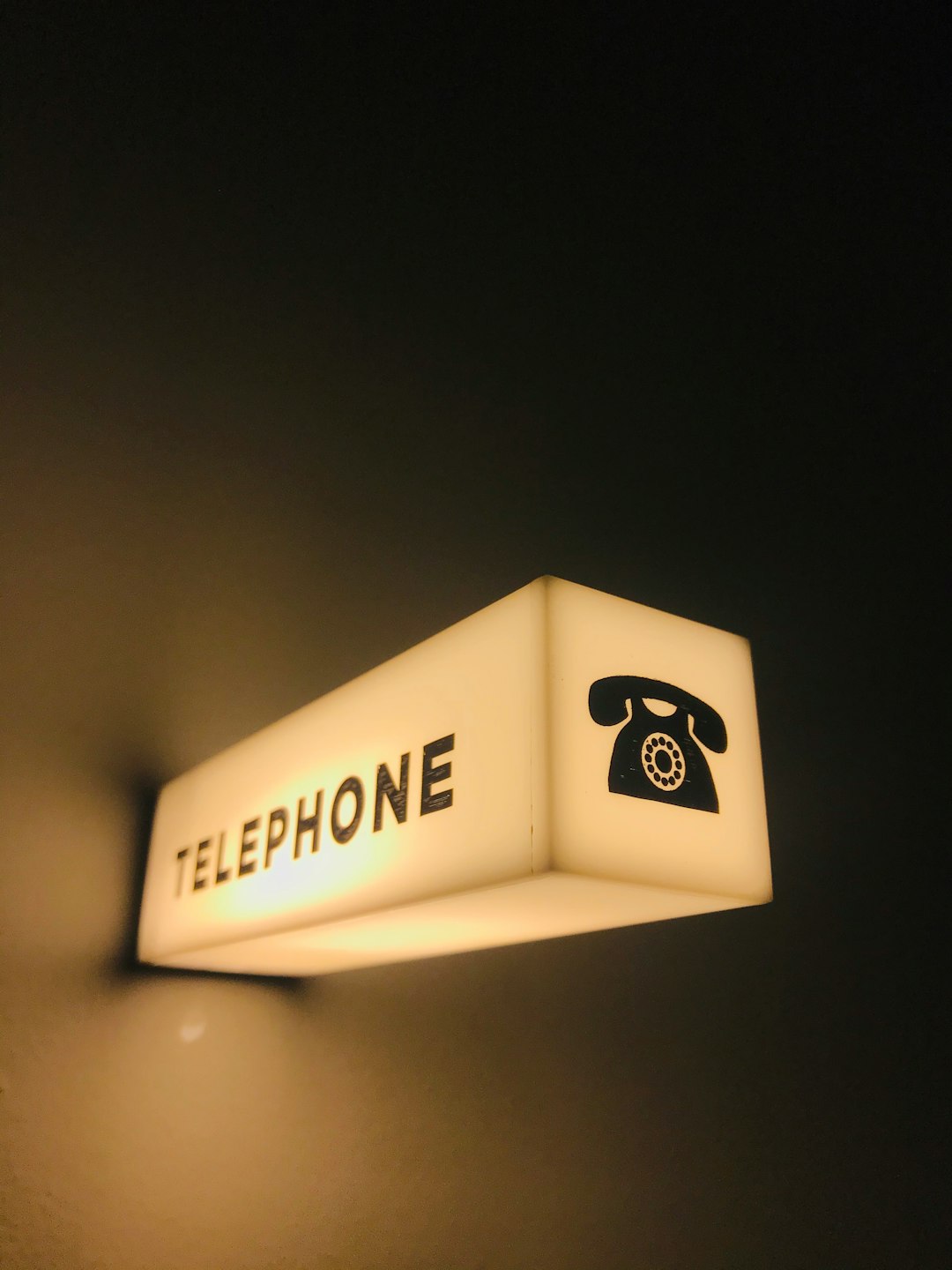Florida has stringent Do Not Call laws that restrict unsolicited bulk text messages (spam) from marketing or advertising, including law firms. Businesses must respect consumer preferences and obtain explicit consent for promotional texts to avoid penalties and reputational damage. Specifically targeting "Do Not Call law firms LA" can help ensure compliance with these strict regulations, protecting consumers from unwanted legal solicitations.
In Florida, navigating legalities surrounding spam texts is crucial for businesses, especially law firms. This article demystifies the complex landscape of spam laws and provides a comprehensive guide for practitioners in the Sunshine State. We delve into what constitutes illegal spam, focusing on the nuances when it comes to law firms. Furthermore, we explore practical strategies to avoid legal issues, with specific emphasis on adhering to ‘Do Not Call’ rules in Florida and beyond, particularly targeting LA’s legal community.
Understanding Spam Texts and Legal Implications in Florida

Spam texts, or unsolicited bulk messages, are a common nuisance in today’s digital age. In Florida, as in many other states, there are strict regulations to combat this issue and protect consumers from unwanted communication. These laws aim to prevent harassment and ensure individuals’ privacy rights.
When it comes to legal implications, Florida has specific rules regarding spam texts, especially when they involve marketing or advertising. Do Not Call laws strictly regulate how businesses can contact potential customers, and violating these laws can lead to significant penalties. Avoid sending automated or mass text messages promoting products or services without proper consent, as this is a common trigger for legal issues. Remember that many consumers in Florida have opted-out of receiving such messages, and failing to respect their preferences can result in legal action, with consequences specifically tailored to Do Not Call law firms LA.
What Constitutes Illegal Spam in the Context of Law Firms?

In Florida, as in many other states, what constitutes illegal spam in the context of law firms is primarily governed by federal and state laws designed to protect consumers from unwanted and deceptive communication. Illegal spam can take various forms, but it often involves unsolicited texts or calls aimed at promoting legal services. This includes messages that are (1) sent without the recipient’s explicit consent, (2) misrepresent the identity of the sender or the purpose of the message, or (3) contain false or misleading information about legal services.
Law firms that send spam texts, particularly those using automated systems or pre-recorded messages, risk violating regulations like the Telephone Consumer Protection Act (TCPA). Additionally, Florida has its own Do Not Call laws that specifically prohibit law firm telemarketing calls to numbers on the state’s Do Not Call list. Violating these laws can lead to substantial financial penalties and damage to a firm’s reputation. Therefore, it’s crucial for law firms to obtain explicit consent before texting or calling potential clients, clearly identify themselves, and ensure all communications are truthful and relevant to avoid legal issues associated with spam texts.
Strategies to Avoid Legal Issues: Do Not Call Law Firm Rules in LA

In Florida, as well as in many other states, strict regulations govern the sending of spam texts, particularly when it comes to unsolicited marketing messages. One crucial strategy to avoid legal issues is to respect the “Do Not Call” laws, especially regarding law firms in Los Angeles (LA). These laws are designed to protect consumers from unwanted telephone solicitations and give them the right to refuse further communication. Violating these rules can result in significant fines and damage to your reputation.
When marketing via text message, ensure that you have obtained explicit consent from recipients. This means providing a clear opt-out option in all your messages. For instance, including a short code or keyword that allows subscribers to unsubscribe instantly. Remember, just because a number is on a list doesn’t mean it’s open to receiving promotional texts; respecting these boundaries is key to maintaining compliance with Do Not Call rules in LA and elsewhere.






